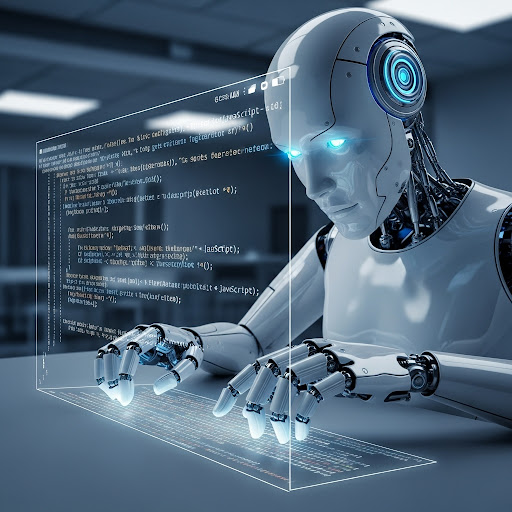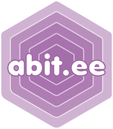Engineer Kenton and AI Claude created a fully functional OAuth 2.1 open-source library in just two months. The project demonstrates a new development paradigm where AI prompts are saved as source code.

G. Ostrov
A revolutionary case of human-AI symbiosis occurred in the software development world. Skeptical engineer Kenton, working with AI Claude, created a fully functional OAuth 2.1 open-source library in just two months. This project demonstrates a new paradigm in software development.
Unique Methodology
The project's distinctive feature was the detailed recording of every development step. The Git history preserved not only code changes but also text prompts to the AI, turning the entire process into a transparent "dialogue" between developer and algorithm. This approach opens new possibilities for analyzing and reproducing the development process.
Key to Success: Concrete Examples
The main success factor was proper task formulation for the AI. Instead of abstract wishes, Kenton provided Claude with ready code fragments demonstrating the desired library behavior. This approach resembles training a new employee through concrete examples from the workflow.
Results Analysis
Examination of the change history revealed interesting statistics:
- AI generated 95% of functional code
- 40% of all code required manual corrections
- Simple tasks (e.g., documentation creation) were solved with one query
- Complex tasks (class structure reorganization) required dozens of clarifications
"Prompts as Source Code" Concept
The most intriguing aspect of the project was the idea of saving text instructions for AI instead of generated code. As AI models improve, applications can be automatically reassembled, obtaining updated versions without complete rewriting.
Practical Conclusions
While full realization of such a paradigm is still far off, the success of the OAuth 2.1 project shows that modern AI systems can already become full-fledged development team members. Key success factors:
- Clear formulation of goals and tasks
- Patient process of clarifying details
- Understanding when to hand control to the algorithm
- Readiness for manual result corrections
Future of Development
The project demonstrates the potential of systems like the recently launched Claude Code to radically change the software development process. We may be standing at the threshold of an era where AI interaction becomes a programmer's primary tool.
Project details can be studied in the GitHub repository, where the complete history of developer-AI interaction is preserved.
If you encounter any problems, contact us, we will help quickly and efficiently!




